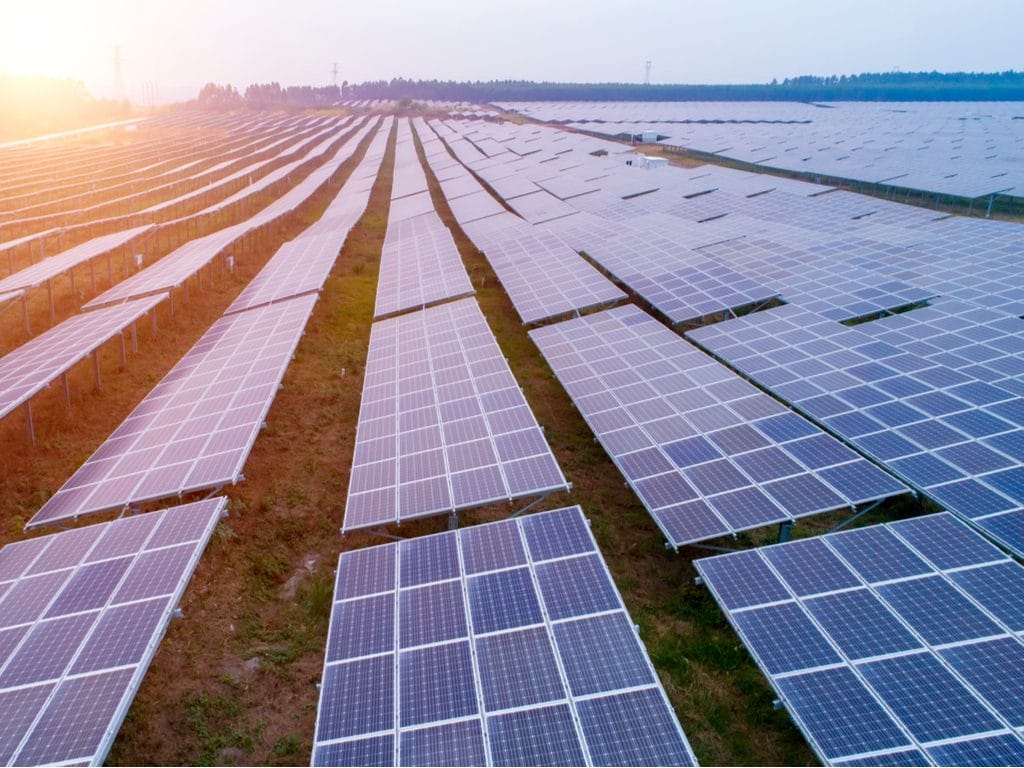The Eswatini Energy Regulatory Authority (ESERA) has recently made public the list of 13 independent power producers (IPPs) pre-selected for the implementation of two renewable energy projects in the Kingdom of Eswatini. These are the construction of solar photovoltaic plants capable of supplying 40 MWp to the grid, as well as biomass plants with a combined capacity of 40 MW.
Among the companies pre-selected by the public body responsible for managing the energy sector are global corporate giants such as the French company Engie, which is expanding in Africa with projects under development in Egypt, Senegal and Djibouti. Engie wants to work on this project with GreenYellow, the subsidiary of the French group Casino. There is also EDF Renouvelables, a subsidiary of Électricité de France (EDF).
The British IPP Globeleq is also part of the race, as well as the German Innovent SAS and Iib Vvogt. The Canadian company JCM Power, Eswatini Green Energy Consortium, Mulilo Renewable Project Developments and the Sola Group-Ubombo Sugar and T/Colle Jabil consortia will also move to the second phase of Esera’s selection.
As far as solar power plants are concerned, they will supply electricity from before the end of 2020 and while 2021 for biomass plants will be operational in 2021. The objective of this project, which will supply 80 MW to the grid, is to reduce the kingdom’s dependence on imported electricity. Currently, Eswatini has four power plants, which supply 60.4 MW of electricity, representing 17% of the total energy consumed by its industries and 1.4 million inhabitants. The main primary energy sources currently used in the country for electricity production are hydropower, coal and biomass. The remaining electricity used is imported from South Africa and Mozambique, through their national electricity companies, Eskom and Electricidade de Moçambique (EMD) respectively.
Jean Marie Takouleu
